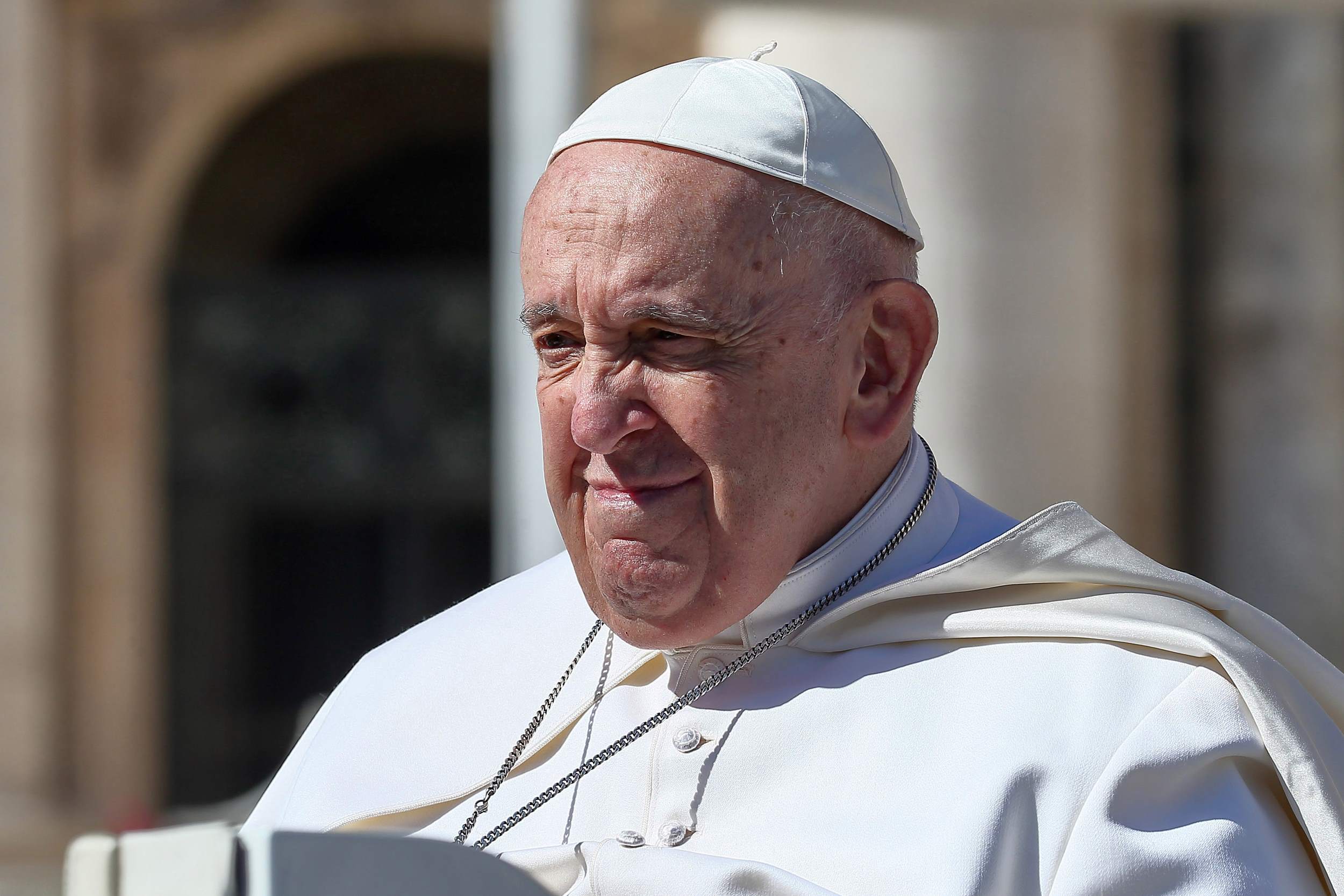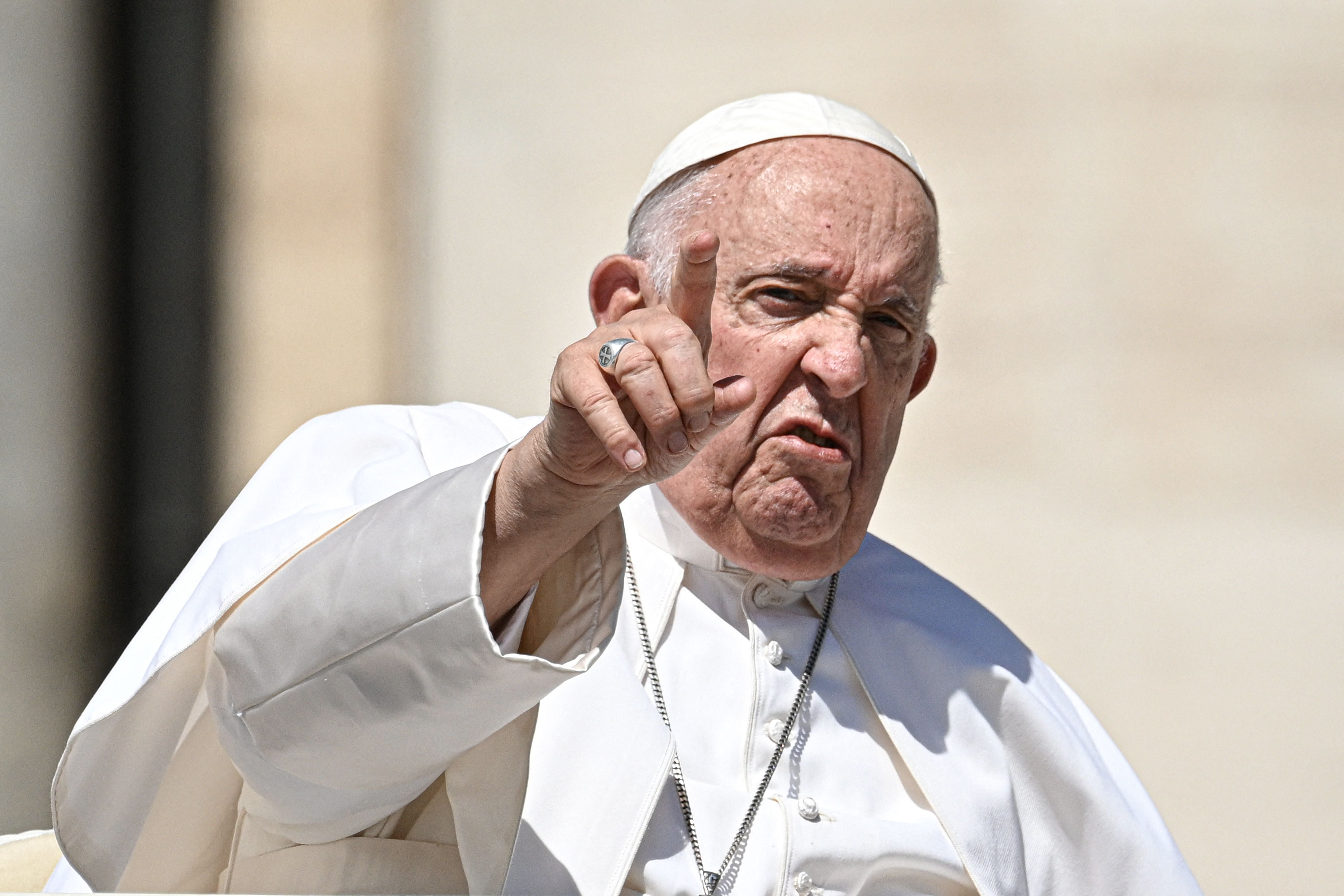Pope Francis’s Encyclicals and Apostolic Exhortations

Pope Francis’s papacy has been marked by a prolific output of encyclicals and apostolic exhortations, which have addressed a wide range of issues facing the Catholic Church and the world.
Encyclicals
Pope Francis has written three encyclicals during his papacy: Lumen Fidei (2013), Laudato Si’ (2015), and Fratelli Tutti (2020). Lumen Fidei, which was begun by Pope Benedict XVI, focuses on the nature of faith and its importance in the modern world. Laudato Si’ is a groundbreaking encyclical on the environment and climate change, which has been widely praised for its call for urgent action to protect the planet. Fratelli Tutti, which was released during the COVID-19 pandemic, addresses the need for fraternity and solidarity among all people.
Apostolic Exhortations
In addition to his encyclicals, Pope Francis has also written several apostolic exhortations, including Evangelii Gaudium (2013), Amoris Laetitia (2016), Gaudete et Exsultate (2018), and Christus Vivit (2019). Evangelii Gaudium is a programmatic document that sets out Pope Francis’s vision for the Church’s mission in the world. Amoris Laetitia is a groundbreaking document on marriage and family life, which has been praised for its openness and compassion. Gaudete et Exsultate is an exhortation on the call to holiness, while Christus Vivit is an exhortation on the youth of the Church.
Pope Francis’s encyclicals and apostolic exhortations have had a profound impact on the Catholic Church and beyond. They have helped to shape the Church’s understanding of its mission in the world, and have inspired Catholics to live out their faith in a more compassionate and just way.
Pope Francis’s Role in Interfaith Dialogue
Pope Francis has made interfaith dialogue a cornerstone of his papacy, recognizing the importance of fostering understanding and cooperation among different faith communities. His efforts have been instrumental in promoting peace and harmony, both within the Catholic Church and beyond.
Interfaith Meetings and Visits, Pope francis
- Pope Francis has met with leaders of various religions, including the Grand Imam of Al-Azhar, the Archbishop of Canterbury, and the Chief Rabbi of Rome.
- He has visited Muslim-majority countries such as Turkey, Egypt, and the United Arab Emirates, where he has engaged in interfaith dialogue and promoted understanding.
- In 2019, he convened a historic meeting of world religious leaders in Abu Dhabi, signing a document on human fraternity that called for cooperation and mutual respect.
Promoting Interfaith Understanding
Pope Francis has emphasized the need for interfaith dialogue to build bridges between different cultures and traditions. He has encouraged Catholics to engage with people of other faiths, fostering mutual respect and learning.
- In his encyclical Fratelli Tutti, he called for “dialogue that can help us to grow in mutual understanding and esteem.”
- He has established the Pontifical Council for Interreligious Dialogue to promote dialogue and cooperation between the Catholic Church and other religions.
Significance of Pope Francis’s Role
Pope Francis’s efforts in interfaith dialogue have had a significant impact on promoting peace and harmony. His meetings with religious leaders have fostered understanding and cooperation, while his emphasis on interfaith understanding has encouraged Catholics to engage with people of other faiths.
- His role has contributed to a decrease in religious tensions and conflicts.
- It has strengthened the bonds between different faith communities, creating a foundation for mutual respect and collaboration.
- Pope Francis’s interfaith dialogue has inspired other religious leaders to engage in similar initiatives, fostering a global movement towards peace and understanding.
Pope Francis’s Social Justice Advocacy

Pope Francis has been a vocal advocate for social justice issues throughout his papacy. He has spoken out against poverty, inequality, and climate change, and has called for greater compassion, solidarity, and respect for the common good.
Francis’s teachings on social justice are rooted in his belief that all people are created equal and that we are all called to live in peace and harmony. He has said that “the poor are not a problem, but a resource” and that we must work together to create a more just and equitable world.
Francis’s Advocacy for the Poor and Marginalized
Francis has made the fight against poverty a central focus of his papacy. He has called on governments to do more to help the poor and has criticized the global economic system for creating inequality and injustice.
- In his encyclical Laudato Si’, Francis called for a “new dialogue about how we are shaping the future of our planet” and warned of the dangers of climate change.
- He has also spoken out against the arms trade and the use of violence to resolve conflicts.
Francis’s message of social justice has resonated with people around the world. He has been praised by many for his compassion and his willingness to speak out against injustice.
However, Francis’s teachings have also been criticized by some who believe that he is too focused on social issues and not enough on spiritual matters.
Despite the criticism, Francis has remained steadfast in his commitment to social justice. He has said that “the Church cannot be indifferent to the suffering of the poor” and that “we must work together to create a more just and equitable world.”